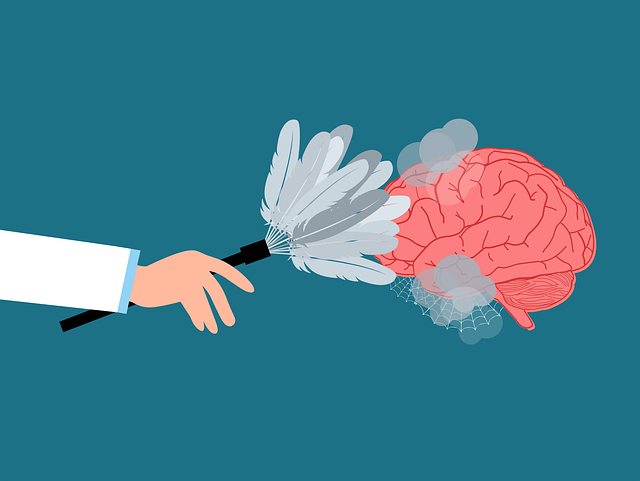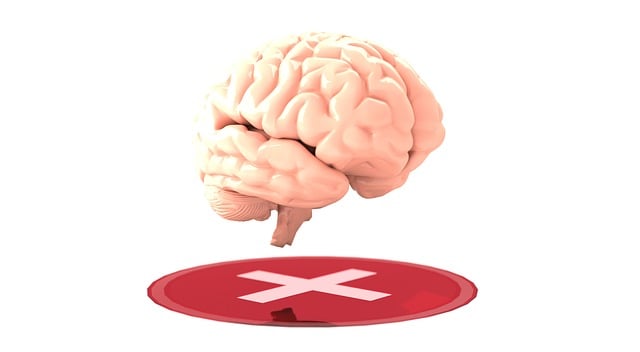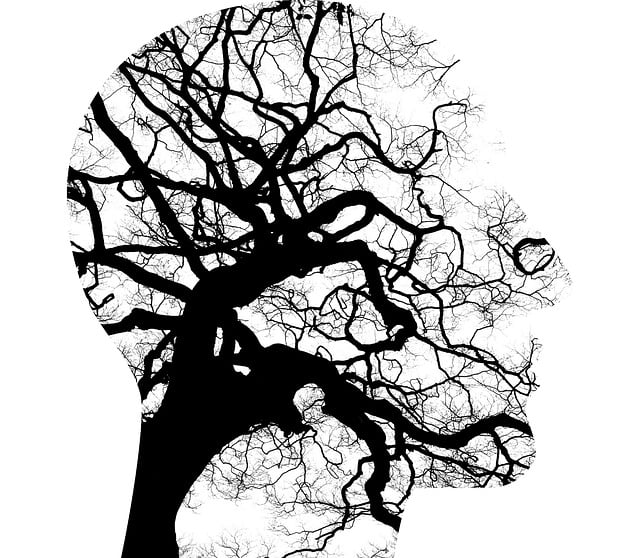Aurora Stress Management Therapy (ASMT) offers a unique, skill-focused approach to stress management through mindfulness exercises, cognitive restructuring, and communication strategies. Their group sessions prioritize safe, supportive environments for open communication, self-care development, and addressing both symptoms and causes of stress. Facilitators foster emotional regulation, conflict resolution, and social connections, enabling members to build resilience against stressful situations while promoting holistic mental wellness.
“Unwind and reconnect with our mental wellness through effective group facilitation. This article explores powerful techniques inspired by Aurora Stress Management Therapy, designed to create safe, supportive group environments. We’ll delve into strategies for fostering open communication, encouraging connection, and promoting mental wellness in a collective setting.
Learn how these techniques can revolutionize your approach to group therapy, creating a harmonious tapestry of support and healing.”
- Understanding Aurora Stress Management Therapy: An Overview
- Creating a Safe and Supportive Group Environment
- Facilitating Effective Communication and Connection
- Techniques to Promote Mental Wellness in Group Settings
Understanding Aurora Stress Management Therapy: An Overview

Aurora Stress Management Therapy (ASMT) is a unique approach designed to empower individuals in managing stress effectively. This therapeutic method goes beyond traditional talk therapy by integrating various techniques, including mindfulness exercises, cognitive restructuring, and communication strategies. ASMT aims to help clients develop resilience against stressful situations, fostering better emotional regulation and overall mental wellness.
The core principle of ASMT revolves around the belief that stress management is a skill that can be learned and honed over time. Facilitators guide participants in understanding their triggers, teaching them practical tools to navigate challenging scenarios. Through group sessions, members share experiences, exchange strategies, and offer support, creating a sense of community. This collaborative environment encourages open communication, enhances self-care routine development for better mental health, and promotes a holistic approach to well-being, addressing not just symptoms but also the underlying causes of stress.
Creating a Safe and Supportive Group Environment

Creating a safe and supportive group environment is paramount for effective mental wellness facilitation. At Aurora Stress Management Therapy, we emphasize building a sanctuary where individuals feel comfortable sharing their experiences without fear of judgment. This starts with establishing clear ground rules that encourage respect, active listening, and non-disruptive communication. By fostering an atmosphere of trust and empathy, facilitators enable members to open up about their challenges and triumphs, forming deeper connections.
Incorporating conflict resolution techniques subtly within group dynamics is another strategic approach. Through guided exercises like mental wellness journaling, participants learn to articulate their thoughts and emotions constructively. This not only enhances self-awareness but also equips them with tools to navigate interpersonal conflicts that may arise. The ultimate goal is to create a harmonious setting where every member feels supported in their journey towards improved mental wellness.
Facilitating Effective Communication and Connection

In facilitating mental wellness groups, one of the most impactful techniques is encouraging effective communication and connection among members. This begins by creating a safe and supportive environment where everyone feels heard and respected. At Aurora Stress Management Therapy, we understand that open dialogue fosters emotional regulation skills, enabling group participants to share their experiences and insights without fear of judgment. By actively listening and validating each other’s emotions, group members build stronger social connections, which is crucial for navigating mental health challenges collaboratively.
Incorporating activities designed to enhance communication and interpersonal skills further strengthens the therapeutic benefits. Social Skills Training, a key component in our approach, equips individuals with tools to express themselves assertively while cultivating empathy for others. This not only improves relationships within the group but also translates into better interactions outside it, promoting holistic wellness. Additionally, trauma support services are integrated to address any underlying issues that might hinder open communication, ensuring every member feels empowered to share and grow.
Techniques to Promote Mental Wellness in Group Settings

In group settings, facilitating mental wellness involves a blend of techniques designed to create a safe, supportive environment. Facilitators can employ Mind Over Matter principles to encourage positive thinking and resilience. This includes activities that foster open communication, where members share their experiences and challenges openly. By promoting emotional intelligence, facilitators help individuals recognize and manage their emotions effectively. Techniques such as mindfulness exercises, guided meditations, and cognitive-behavioral discussions can significantly reduce stress levels and enhance overall well-being.
For instance, incorporating Aurora Stress Management Therapy techniques allows for deep relaxation and improved coping mechanisms. Confidence-boosting activities, like goal-setting workshops and success storytelling, empower group members to navigate mental health challenges with newfound courage. Through these inclusive practices, facilitators not only promote mental wellness but also create a sense of community where every individual feels valued and supported.
Aurora Stress Management Therapy, when implemented within group settings, can significantly enhance mental wellness. By fostering a safe and supportive environment, facilitators enable effective communication and connection among members. Techniques such as active listening, mindfulness exercises, and peer support promote an inclusive atmosphere that encourages open dialogue and emotional healing. Incorporating these strategies not only enhances individual mental health but also creates a powerful collective experience, ultimately revolutionizing group facilitation techniques for better overall well-being.










